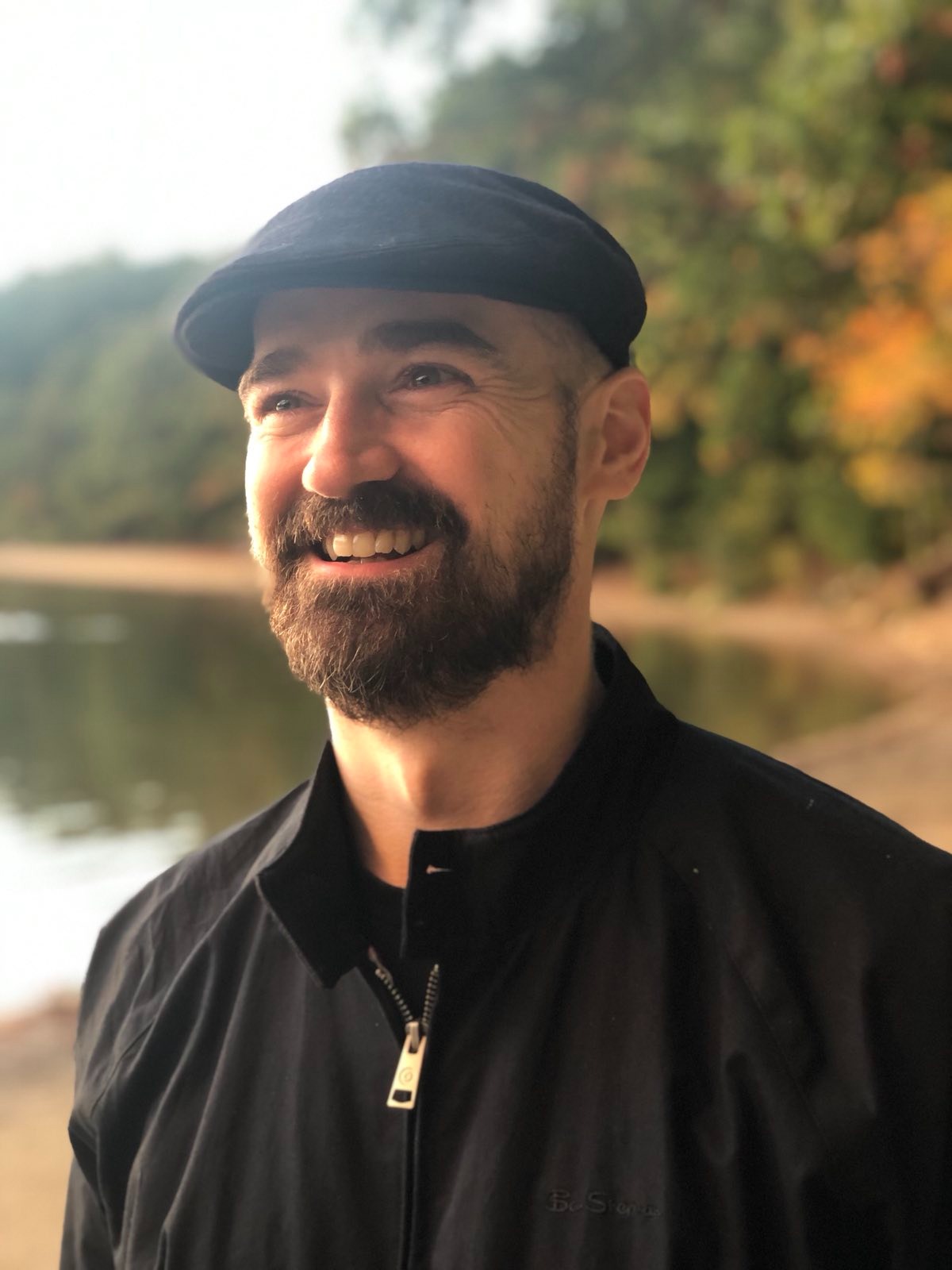Paper Presentation
Philosophy
Session: Moral Distress
Praise and Moral Distress
Saturday, September 21, 2024
11:30 AM - 12:30 PM CT
Location: Midway 6 (First Floor)
Keywords: Praise, gratitude and compensation
Abstract: Compare the “thank you for your service” directed at military veterans with the praise of “healthcare heroes” in the peak of the COVID-19 pandemic. Both seem to be instances that express gratitude, respect, or admiration. Both are well intentioned. When delivered in the wrong way, and without other concrete expressions of support, the praise of veterans only serves to worsen their condition. In Nancy Sherman’s Afterwar (2015) she reports that veterans complain that this praise, while well-meaning, is ultimately more alienating. It highlights and reifies the difference between the one fighting a war and the people at home, comparatively untouched by it. Praise can also do harm where both parties are healthcare practitioners. Many situations that give rise to moral distress in medicine are those in which no error occurred. Consider two contributing factors to moral distress: guilt and feelings of helplessness. While praise might help resolve guilt by confirming that a clinician did not make any professional errors, it could simultaneously exacerbate the feeling of helplessness. Under-specified praise just highlights the conflict and creates more suffering for the person praised, the opposite of the intended result.
Using methods of conceptual analysis, reflective equilibrium, and comparative philosophy, I’ll argue that just as certain praise of veterans exacerbates moral injury, certain praise of healthcare workers can exacerbate moral distress. Doing this will require a closer look at praise and its effects, which will draw on conceptual and empirical resources from moral psychology.
Using methods of conceptual analysis, reflective equilibrium, and comparative philosophy, I’ll argue that just as certain praise of veterans exacerbates moral injury, certain praise of healthcare workers can exacerbate moral distress. Doing this will require a closer look at praise and its effects, which will draw on conceptual and empirical resources from moral psychology.
Learning Objectives:
After participating in this conference, attendees should be able to:
- Understand the functions of praise, based on empirical and conceptual research.
- Analyze the types of praise can exacerbate moral injury and moral distress.

Timothy Kwiatek, PhD
Penn State
Ithaca, New York
